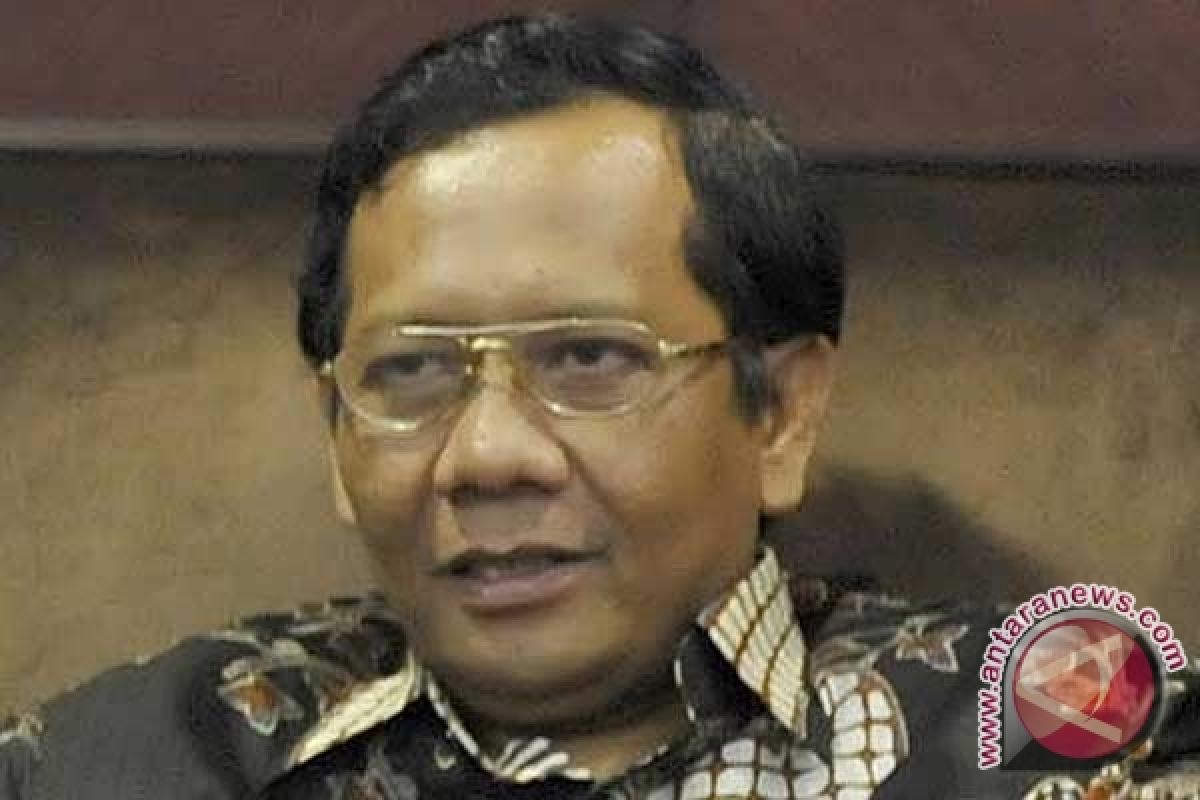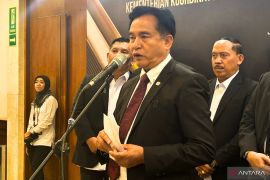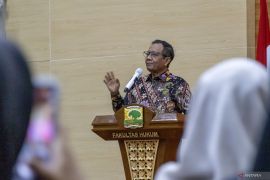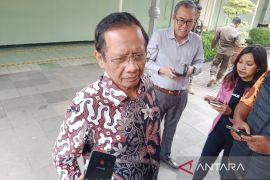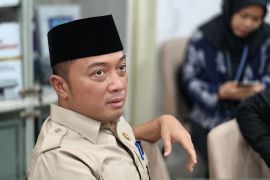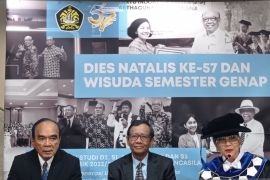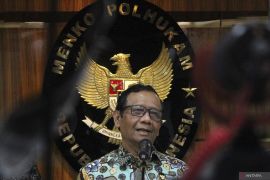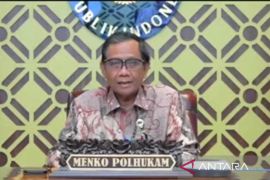"Constitutionally the process that has been taken that led to the decision to build a new DPR building was legitimate."Padang, West Sumatra (ANTARA News) - Constitutional Court chief Mahfud MD said the House of Representatives (DPR) new building project was constitutionally legitimate.
"In legal terms the project has been processed constitutionally and no laws have been violated. In terms of appropriateness however it needs to be reconsidered," he said here on Wednesday.
Mahfud said that not all things considered not good could be categorized as violating the law.
"Although the DPR building project has been opposed by many people, in legal terms it does not violate the law because it has been processed through official procedures," he said.
Therefore, he said, the complaints and lawsuits filed by a coalition of NGOs against the DPR leadership and even President Susilo Bambang Yudhoyono and several cabinet ministers would be useless because no law had been violated.
Mahfud said at issue now relating to the project was a political issue relating to ethics and public justice.
"Constitutionally the process that has been taken that led to the decision to build a new DPR building was legitimate," he said.
Mahfud said those who did not agree with the project could only fight against it through political not legal battles.
Meanwhile. regarding his institution he said that the Constitutional Court (MK) was established to safeguard law enforcement process in the country according to "Pancasila" principles and the 1945 constitution.
"MK is assigned to safeguard the process so that every law made by the state does not run against the constitution and refers to Pancasila and 1945 Constitution," he said in his lecture.
He said since its establishment in 2003 the court has reviewed 370 laws to assure they were not against the 1945 Constitution.
"The constitution is the highest law in Indonesia and every law made must not against the 1945 Constitution," he said.
On the other hand Mahfud said laws are political products and therefore it is not impossible for them clash with the higher regulations.
"Therefore the Constitutional Court is given an authority to condcut a judicial review," he said.
He said the constitutional court also has an authority to settle disputes among state institutions to assure that the organization of the state is carried out according to constitutional laws.
"A state institution cannot take over or override another state institution with regard to governance," he said.
Mahfud said the constitutional court is also authorized to dissolve political parties and settle disputes on election results.
(Uu.H-YH/HAJM/F001)
Editor: Priyambodo RH
Copyright © ANTARA 2011
